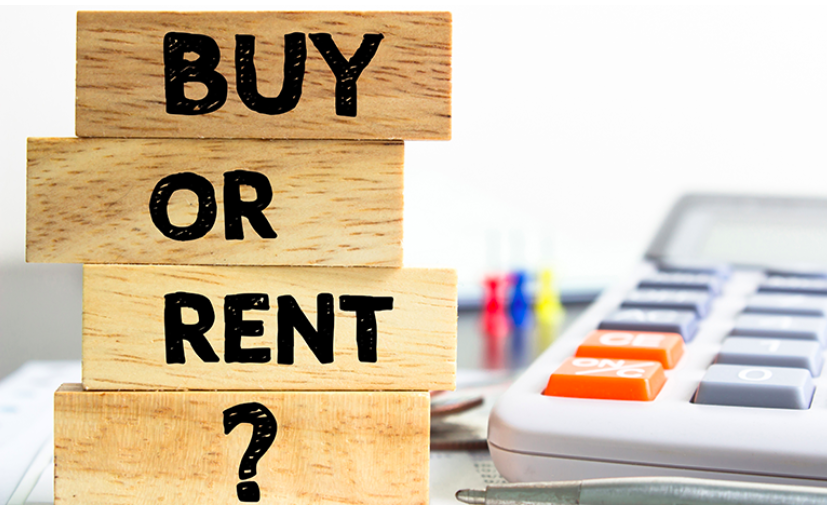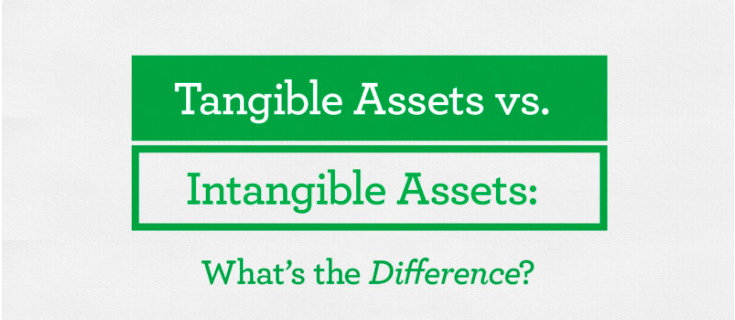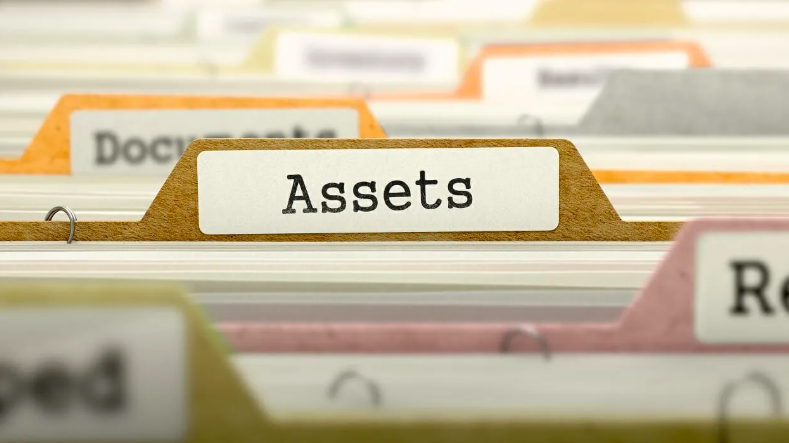
Buying vs. Renting: Which is Right for You?
Buying vs. Renting: Which is Right for You?
The decision to buy or rent a home is one of the most significant financial choices you’ll make in your lifetime. Both options have their advantages and disadvantages, and the right choice depends on your financial situation, lifestyle, and long-term goals. Let’s dive into the pros and cons of each to help you make an informed decision.
Pros of Buying a Home
Build Equity Over Time
When you buy a home, your monthly mortgage payments contribute to building equity, which is the portion of the home you truly own. Over time, as property values appreciate, your equity grows, providing a valuable financial asset.
Stable Monthly Payments
If you opt for a fixed-rate mortgage, your monthly payments remain the same throughout the loan term. This stability makes it easier to budget and protects you from rising rental costs.
Freedom to Customize
Owning a home gives you the freedom to renovate, decorate, and make changes as you see fit. You don’t need to seek permission from a landlord to paint walls, upgrade fixtures, or remodel the kitchen.
Potential Tax Benefits
Homeowners may qualify for tax deductions on mortgage interest and property taxes, which can reduce your overall tax burden.
Long-Term Investment
Real estate is generally considered a solid long-term investment. Historically, home values tend to appreciate over time, which can lead to significant financial gains when you sell.
Sense of Stability and Ownership
Owning a home provides a sense of permanence and pride. You’re not subject to the whims of a landlord, and you can establish roots in a community.
Cons of Buying a Home
High Upfront Costs
Buying a home requires a substantial upfront investment, including a down payment (typically 5%-20% of the home’s price), closing costs, and other fees. These costs can be a barrier for many buyers.
Responsibility for Maintenance and Repairs
As a homeowner, you’re responsible for all maintenance and repairs, from leaky faucets to roof replacements. These expenses can add up quickly and are often unpredictable.
Less Flexibility to Move
Selling a home can be a lengthy and expensive process. If you need to relocate for work or personal reasons, you may face challenges selling your property quickly.
Market Risk
While real estate generally appreciates over time, there’s no guarantee. If the housing market declines, you could end up owing more on your mortgage than your home is worth.
Long-Term Financial Commitment
A mortgage is a long-term obligation, often spanning 15 to 30 years. If your financial situation changes (e.g., job loss, medical expenses), keeping up with payments can become challenging.
Pros of Renting a Home
Lower Upfront Costs
Renting typically requires a security deposit and the first month’s rent, which is significantly less than the upfront costs of buying a home.
Flexibility to Relocate
Renting offers the freedom to move easily, whether for a new job, a change of scenery, or downsizing. Lease terms are usually short (1-2 years), making it easier to adapt to life changes.
No Responsibility for Maintenance
Landlords are responsible for most repairs and maintenance, saving you time and money. If the furnace breaks or the roof leaks, it’s not your problem to fix.
Predictable Monthly Costs
While rent can increase over time, your monthly housing costs are generally predictable, and you won’t face unexpected expenses like major repairs.
Access to Amenities
Many rental properties, especially apartments, offer amenities like gyms, pools, and security services that might be expensive to maintain in a owned home.
Cons of Renting a Home
No Equity Buildup
Rent payments go to the landlord, not toward building equity. Over time, you’re not gaining any ownership stake in the property.
Rent Increases
Landlords can raise rent at the end of your lease term, which can make long-term budgeting difficult. In high-demand areas, rent hikes can be significant.
Limited Ability to Customize
Renters often face restrictions on making changes to the property. You may not be allowed to paint walls, install new fixtures, or even hang pictures without permission.
Lack of Stability
Renting can feel less stable, as landlords may decide to sell the property or not renew your lease. This can lead to unexpected moves and disruptions.
No Tax Benefits
Unlike homeowners, renters don’t benefit from tax deductions on mortgage interest or property taxes.
Key Factors to Consider
When deciding whether to buy or rent, ask yourself these questions:
How long do you plan to stay in the area?
If you’re planning to stay for less than 5 years, renting might be more cost-effective. Buying is better suited for long-term commitments.
What’s your financial situation?
Do you have enough savings for a down payment and emergency repairs? Are you comfortable taking on a long-term financial obligation?
What’s your lifestyle?
Do you value flexibility and mobility, or are you looking for stability and the ability to customize your space?
What’s the local market like?
In some areas, renting may be significantly cheaper than buying, while in others, mortgage payments might be comparable to or even lower than rent.
Conclusion
Both buying and renting have their pros and cons, and the right choice depends on your unique circumstances. If you’re looking for long-term stability, financial growth, and the freedom to customize your space, buying might be the better option. On the other hand, if you value flexibility, lower upfront costs, and minimal responsibility for maintenance, renting could be the way to go.
Ultimately, the decision should align with your financial goals, lifestyle preferences, and future plans. Take the time to evaluate your options carefully, and consider consulting a financial advisor or real estate professional to guide you through the process.

 February 11, 2025
February 11, 2025



